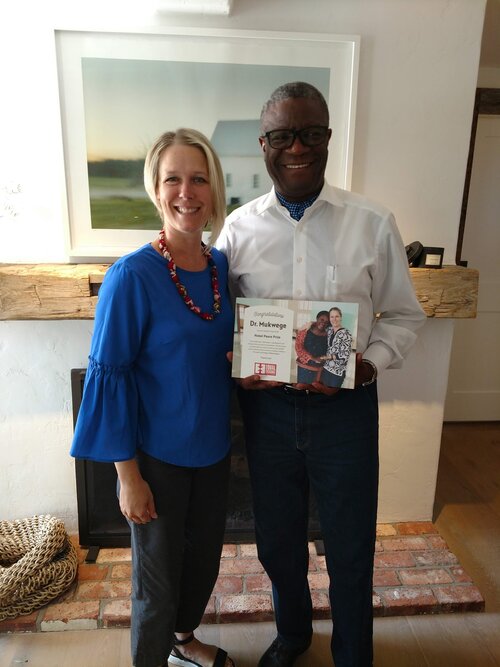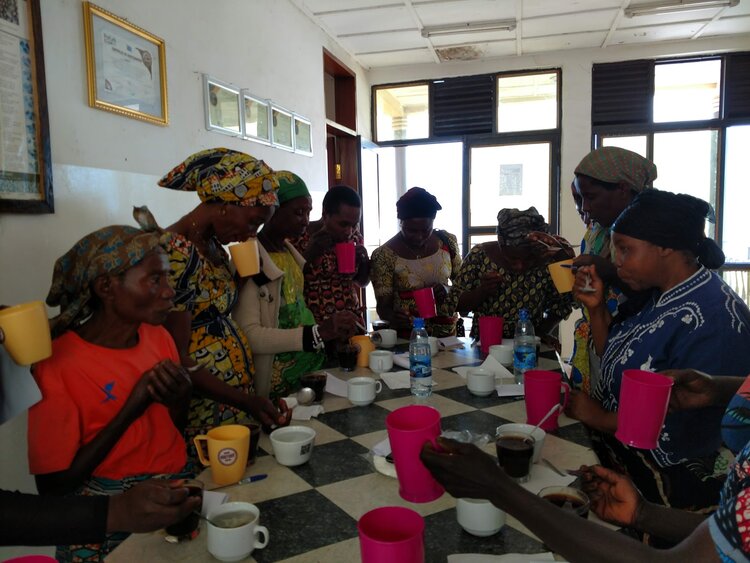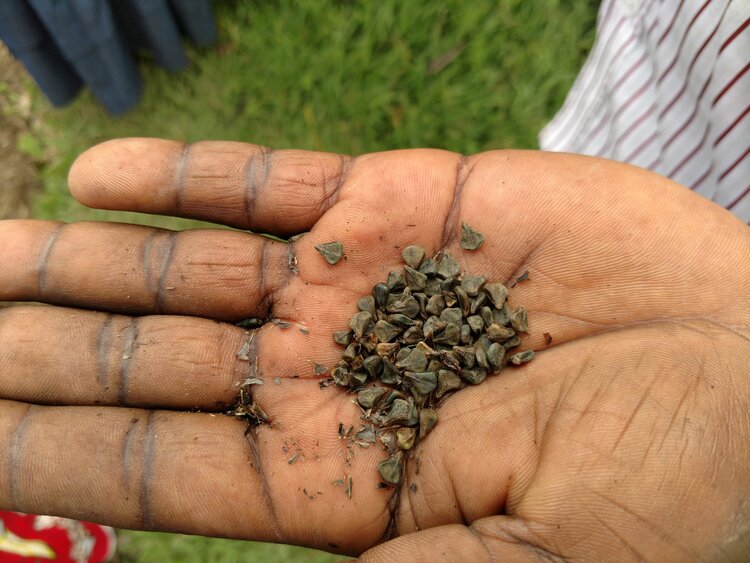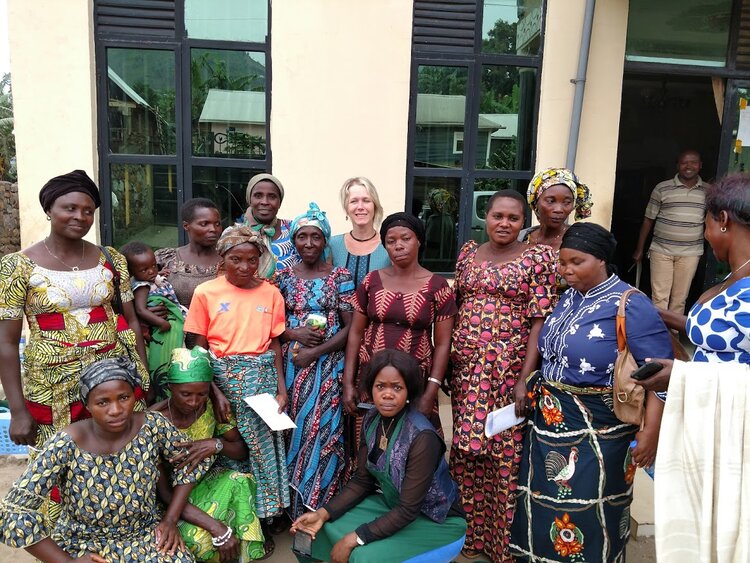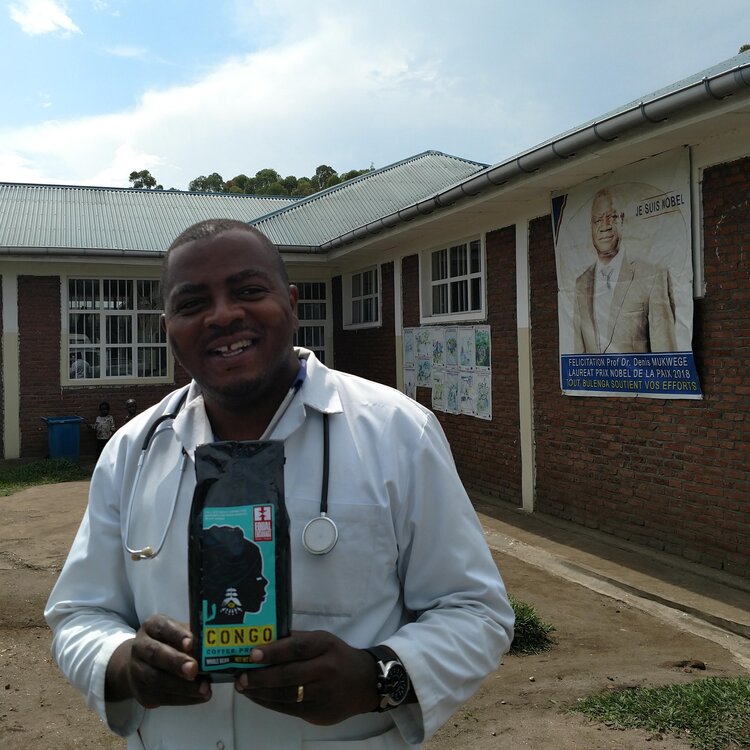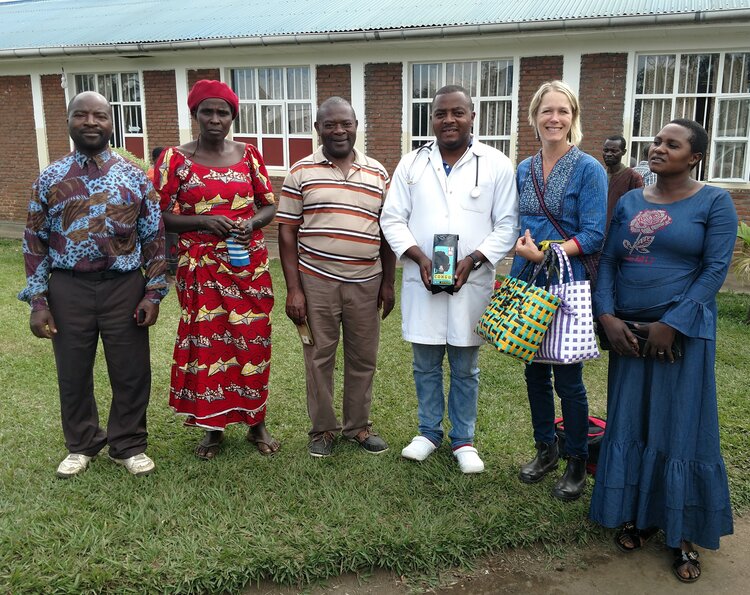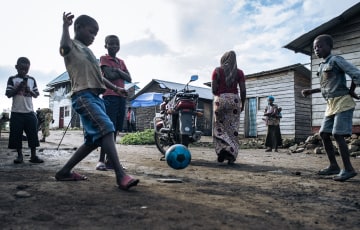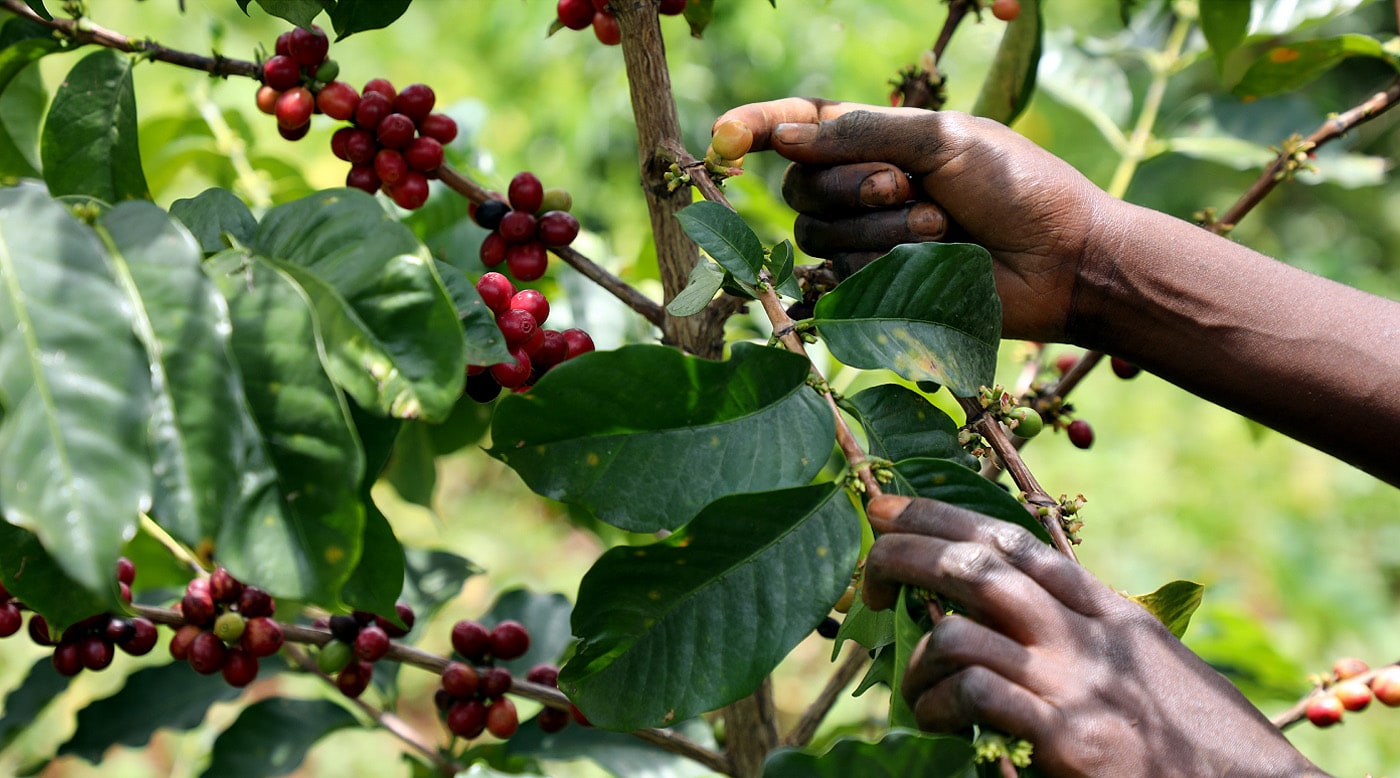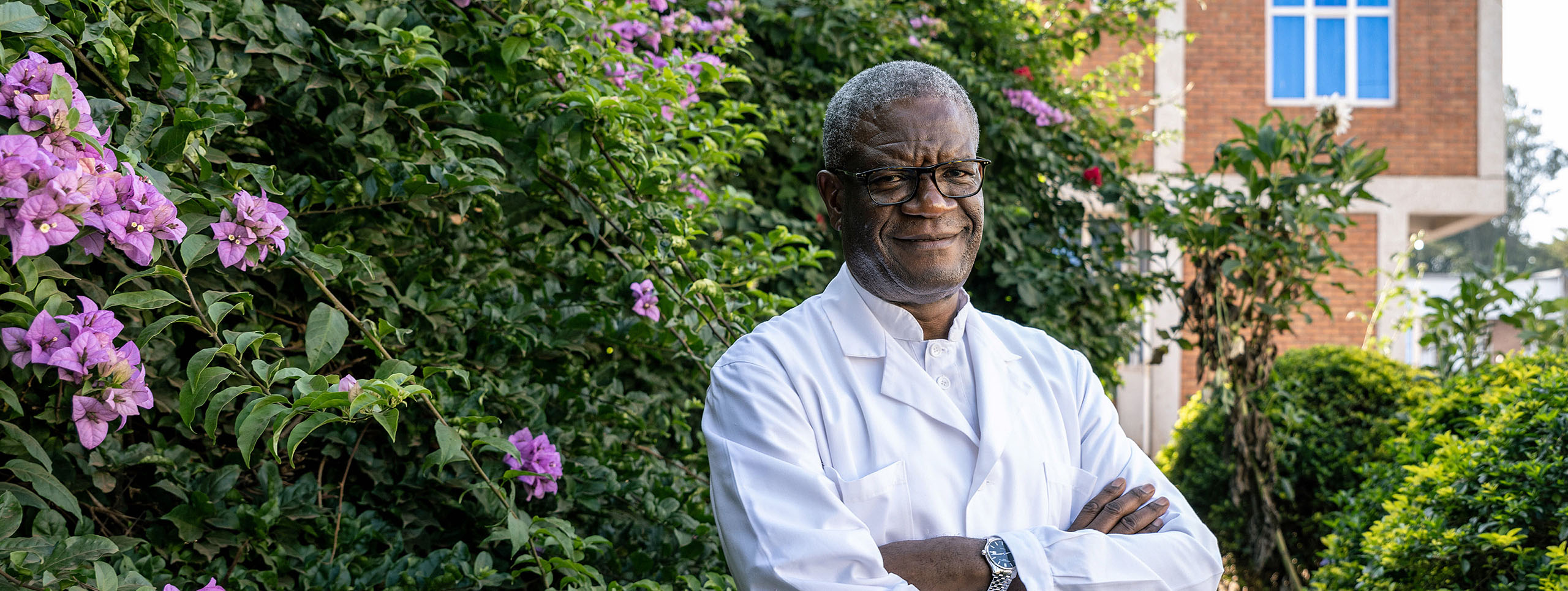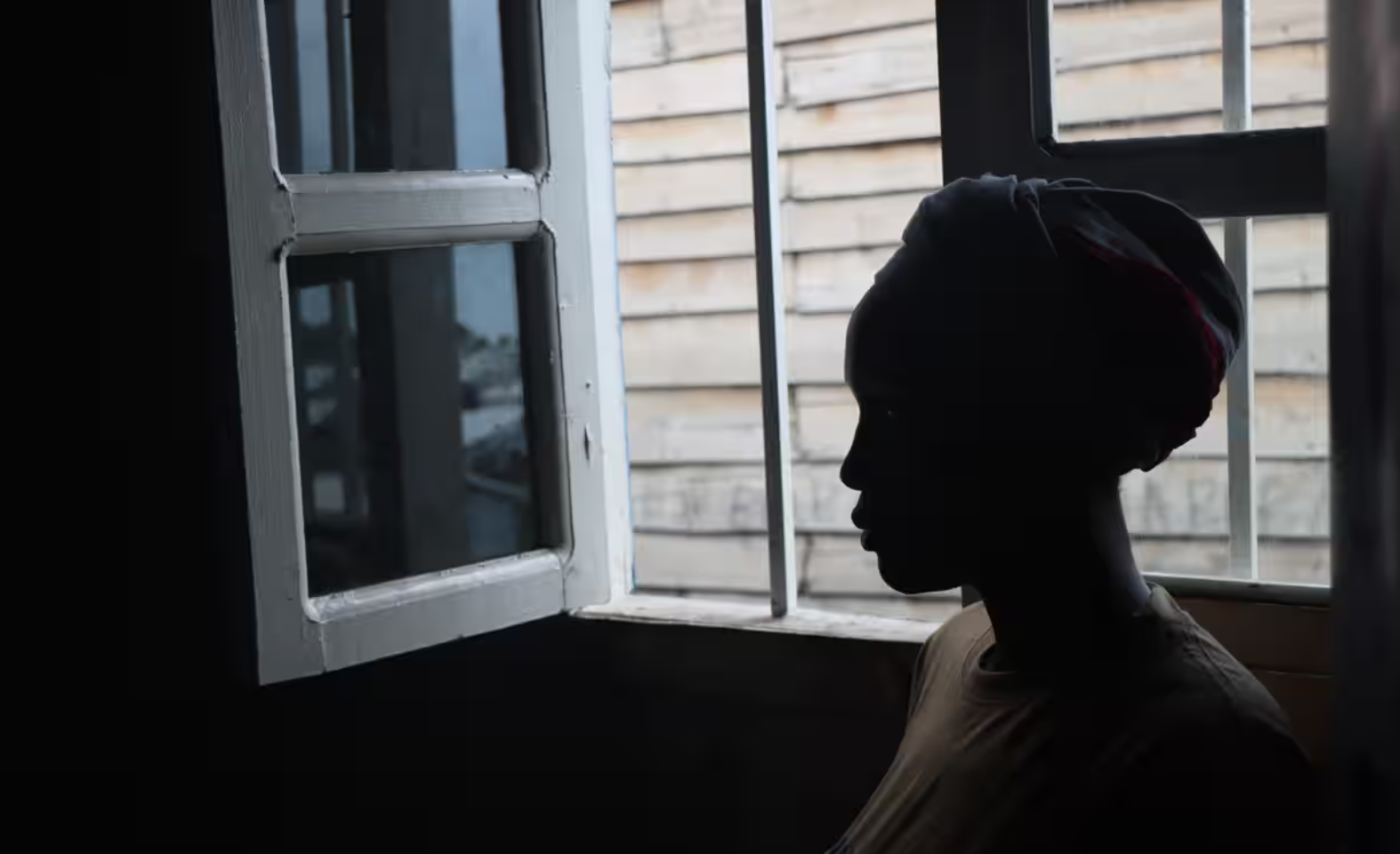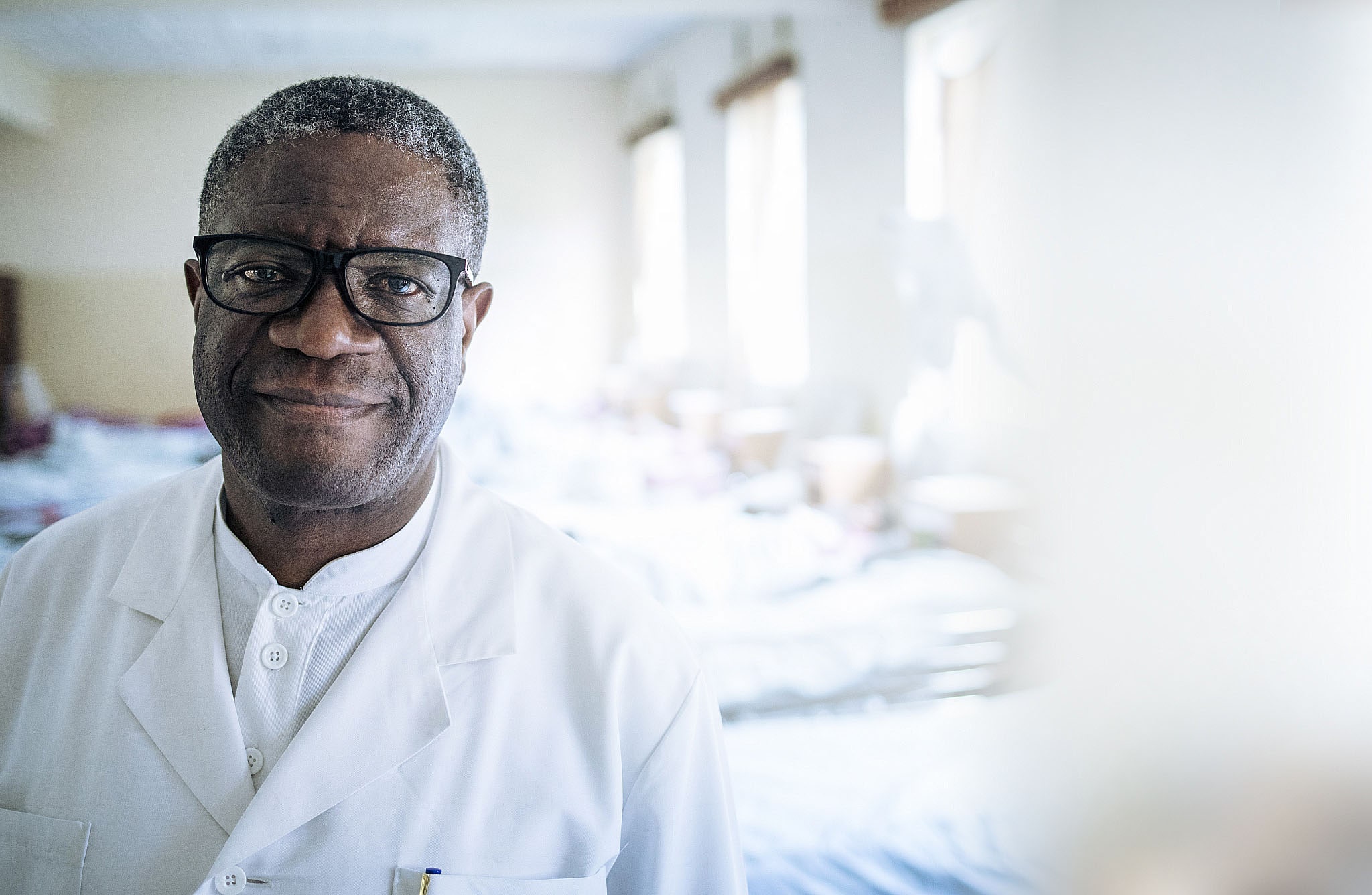Your morning cup of coffee holds a lot more potential than you might realize.
Coffee is one of the most popular beverages in the world, yet most coffee isn’t ethically sourced. Unfortunately, the global markets still echo coffee’s colonial legacy. Processors and distributors pocket the majority of the profits of the coffee industry without paying farmers fairly for their labor. The people who grew the coffee beans for your morning brew will likely only receive a small fraction of the retail price.
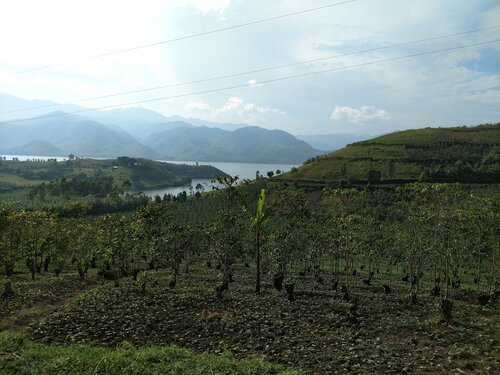
Being a coffee farmer in the DRC hasn’t been easy.
The coffee industry in the DRC grew significantly from the 1970s to 1990s. But by 2010, political instability and conflict had slashed coffee production to less than a tenth of what it had been twenty years earlier, and farmers had difficulty bringing their product to market for a fair price. During and after the Congolese wars, conflict as well as punitive export taxes prevented farmers from exporting their coffee beans in the DRC. Instead, many farmers choose to sell their coffee beans in Rwanda for a cheaper price. Instability, violence, and even the COVID-19 pandemic have all increased the volatility of coffee farming. Farmers often can’t make a living growing coffee, and the low prices they’re paid by middlemen drive labor and environmental abuses.
Fortunately, we can be a part of the solution.
Equal Exchange was founded on the principle that food can be traded in an honest and fair way, connecting farmers and consumers. Instead of buying coffee and other products through middlemen, they purchase directly from farmer cooperatives and other democratic producer organizations. That means farmers have a decision-making stake in their businesses and take home more of the profits. Equal Exchange is building a democratic food system by sourcing food that is authentically fair trade.
Equal Exchange offers a Congolese coffee: the Congo Coffee Project coffee. It’s grown by the farmers of SOPACDI, a multi-ethnic and multi-lingual cooperative located near Bulenga, DRC with more than 11,736 farmer-members. SOPACDI farmers receive a fair price for their beans and participate in collective decision-making through the cooperative’s democratic structure. Together, they decide how to use the fair trade premiums they receive to benefit their community. And in addition to paying fair trade prices, Equal Exchange donates $1 to the Panzi Foundation for every pound of coffee sold.
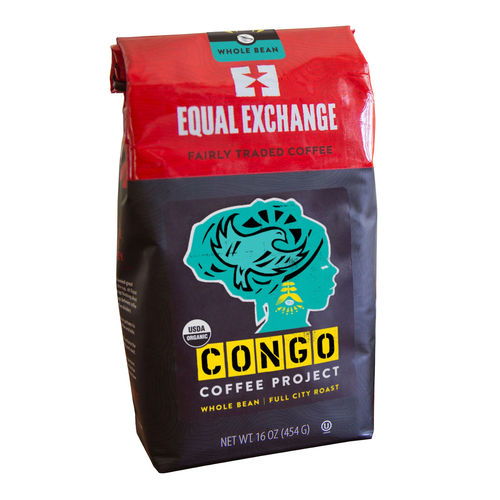
Over the course of a nine year partnership, the Congo Coffee Project has raised more than $100,000 for the Panzi Foundation. These donations go towards increasing the capacity of Panzi’s One Stop Center in Bulenga as well as improving community access to clean water. The One Stop Center is designed to provide survivors of sexual violence with Panzi’s holistic care, which includes medical care, psycho-social support, legal assistance, and socio-economic support.
If you want to have confidence that your coffee purchase is supporting local farmers and their community, consider buying a bag of Congo Coffee Project coffee to support Congolese farmers and the Panzi Foundation. If coffee isn’t your thing, you can also check out Equal Exchange’s selection of chocolates and teas, which also support a more ethical supply chain.
